The Group of Seven (G7) Summit concluded on the afternoon of May 21 after three days of work. Together with eight guest countries, the G7 Summit discussed a series of hot issues in the world .
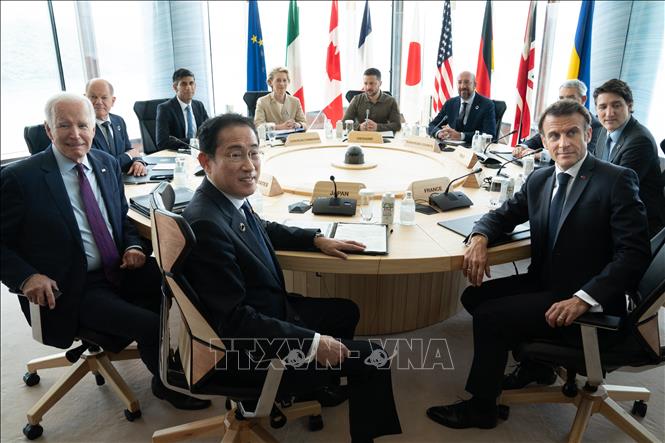
Delegates attend a meeting within the framework of the G7 Summit in Hiroshima, Japan on May 21, 2023. Photo: AFP/VNA
According to a VNA correspondent in Japan, the issue of nuclear disarmament is considered the main topic of the G7 summit agenda this time, with the message conveyed from the choice of location - Hiroshima city, the first place in the world to suffer the devastation of an atomic bomb.
G7 leaders have issued the Hiroshima Vision for Nuclear Disarmament, agreeing on the importance of continuing to maintain a world free of nuclear weapons 77 years after the US dropped atomic bombs on the Japanese cities of Hiroshima and Nagasaki in August 1945. During the Security and Diplomacy Session, G7 leaders discussed measures to restore progress on nuclear disarmament and enhance transparency of nuclear forces.
The G7 joint communique released on May 20 emphasized the importance of making efforts towards a world without nuclear weapons. Speaking at the closing press conference of the summit on the afternoon of May 21, Japanese Prime Minister Fumio Kishida emphasized that the G7 summit is the starting point for efforts towards building a world without nuclear weapons in the future.
The participation of leaders of developing and emerging countries at the G7 Summit has shown the priority of the host country Japan in particular and the G7 in general in cooperating with countries of the Global South to address global challenges. The G7 leaders held three expanded meetings with leaders of eight invited countries including Vietnam, Australia, South Korea, India, Indonesia, Brazil, Cook Islands and Comoros. Through this forum, the parties discussed global issues, including energy and food security, global health and climate change.
Although the G7 accounted for 70% of global gross domestic product (GDP) in the 1980s, this figure has fallen to less than 50% in recent years. Meanwhile, the presence of developing and emerging countries in the international community is increasing in many areas.
Therefore, experts say that meetings with leaders of developing and emerging countries are becoming more important than ever because the G7 cannot solve international problems alone. Experts say this is an opportunity for the G7 to strengthen relations with developing and emerging countries.
Prime Minister Kishida expressed his desire to build an international network that is inclusive and shares the same view on the importance of “the rule of law, firmly opposing any unilateral attempts to change the status quo by force.” Japan plans to strengthen ties with this group of countries by taking a cautious approach and offering “practical benefits” such as aid for infrastructure development and food. Japan plans to promote the enforcement of the rule of law through dialogue and building relationships based on trust.
During the discussions at the conference, G7 leaders also emphasized the importance of a free and open, prosperous, secure, inclusive Indo-Pacific based on the rule of law and protection of common principles including sovereignty, integration, peaceful settlement of disputes, etc.
In Hiroshima, the G7 countries pledged to continue supporting Ukraine, calling on Russia to withdraw its troops from Ukraine. The G7 leaders also affirmed that they would strengthen sanctions against Russia, aiming to prevent Russia from possessing necessary materials for war as well as accessing the international financial system, while reducing international dependence on Russian energy sources.
In relations with China, the G7 expressed its desire for a "stable and constructive" relationship. The G7 leaders identified the need for dialogue and cooperation with China, but also expressed deep concern about the situation in the East China Sea and the South China Sea. The G7 joint statement expressed strong opposition to unilateral use of force or coercion to change the status quo.
On the issue of artificial intelligence (AI), the G7 agreed on an initiative to develop international AI regulations. Leaders agreed to Japan’s proposal to establish a mechanism to promote government-level dialogue on AI regulations. Dubbed the Hiroshima AI Process, the initiative aims to bring together the views of G7 countries on regulation of the technology.
The G7 summit also discussed the potential and risks of AI, including the controversial ChatGPT app. Currently, there are differences in AI regulations among G7 countries, and discussions in Japan focused on how AI can be best applied.
On supply chains, G7 leaders agreed to build supply chains for semiconductors and other goods to reduce dependence on a few countries. The G7 also agreed to set up a council tasked with combating “economic coercion,” such as using trade and investment restrictions to pressure other countries.
According to Baotintuc.vn
Source


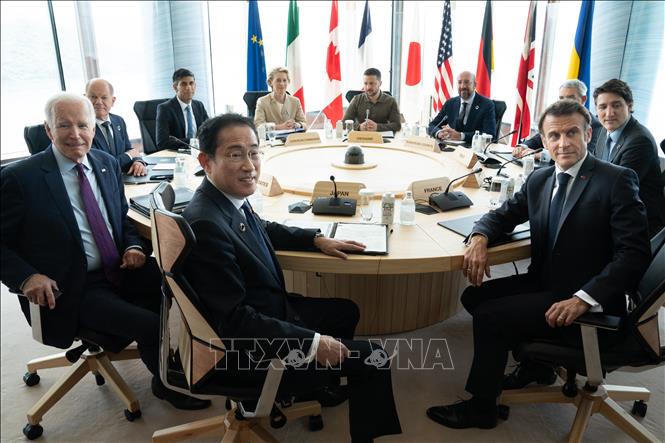
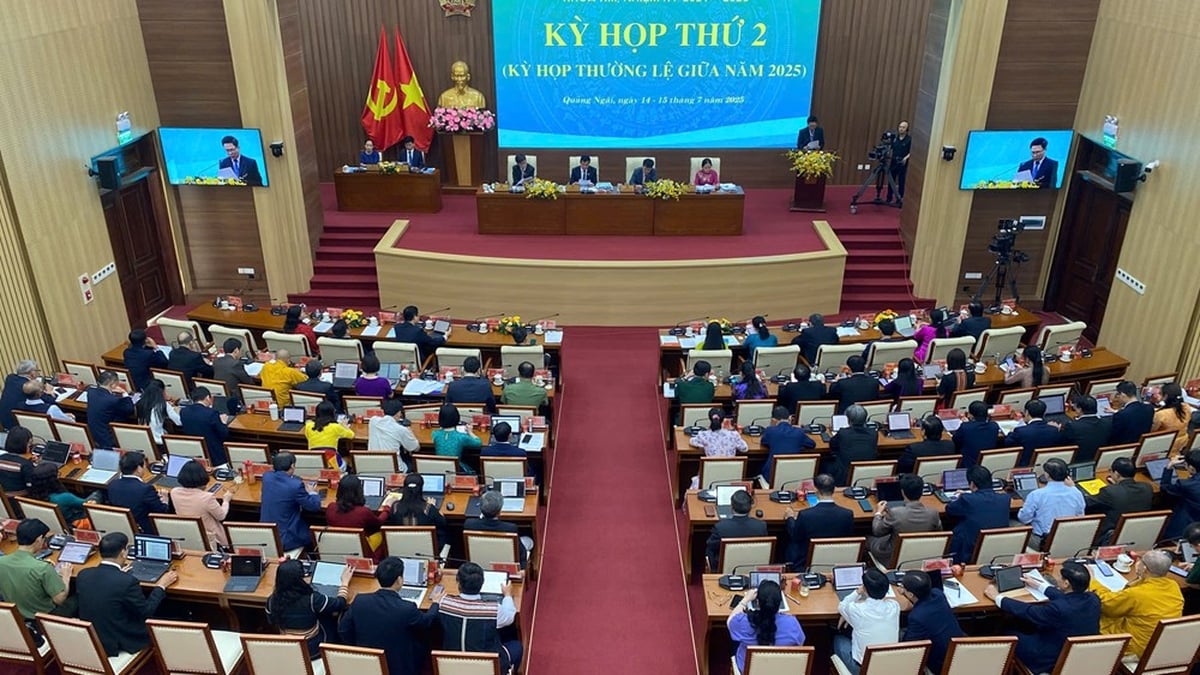




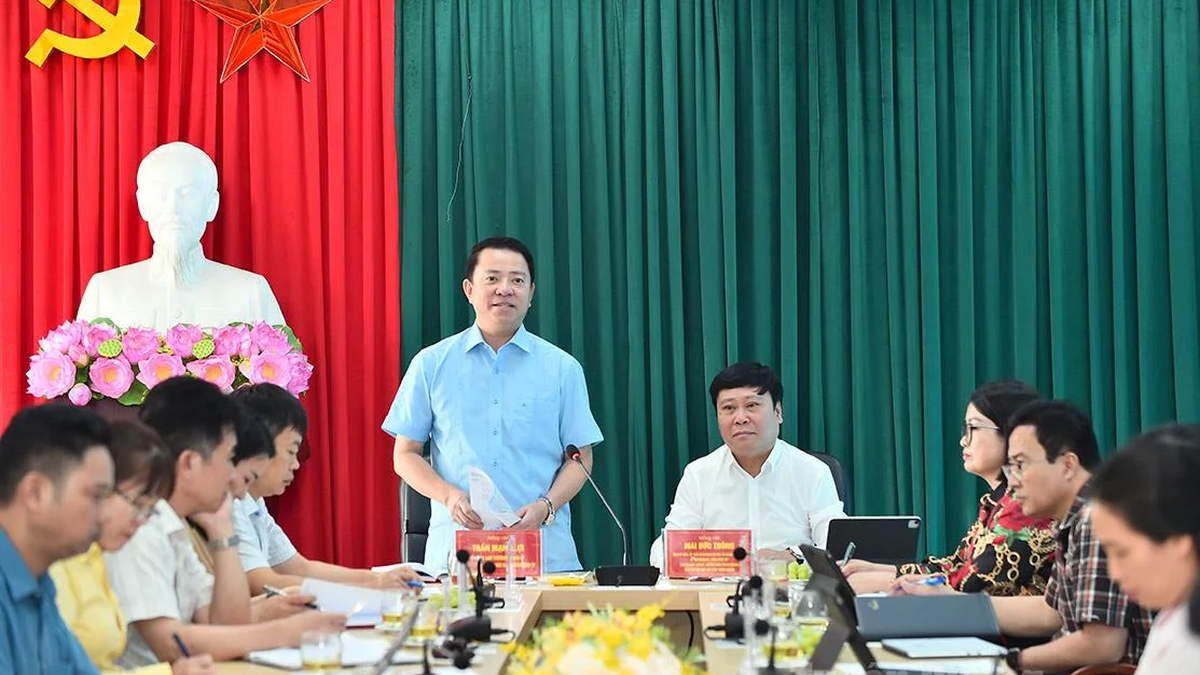
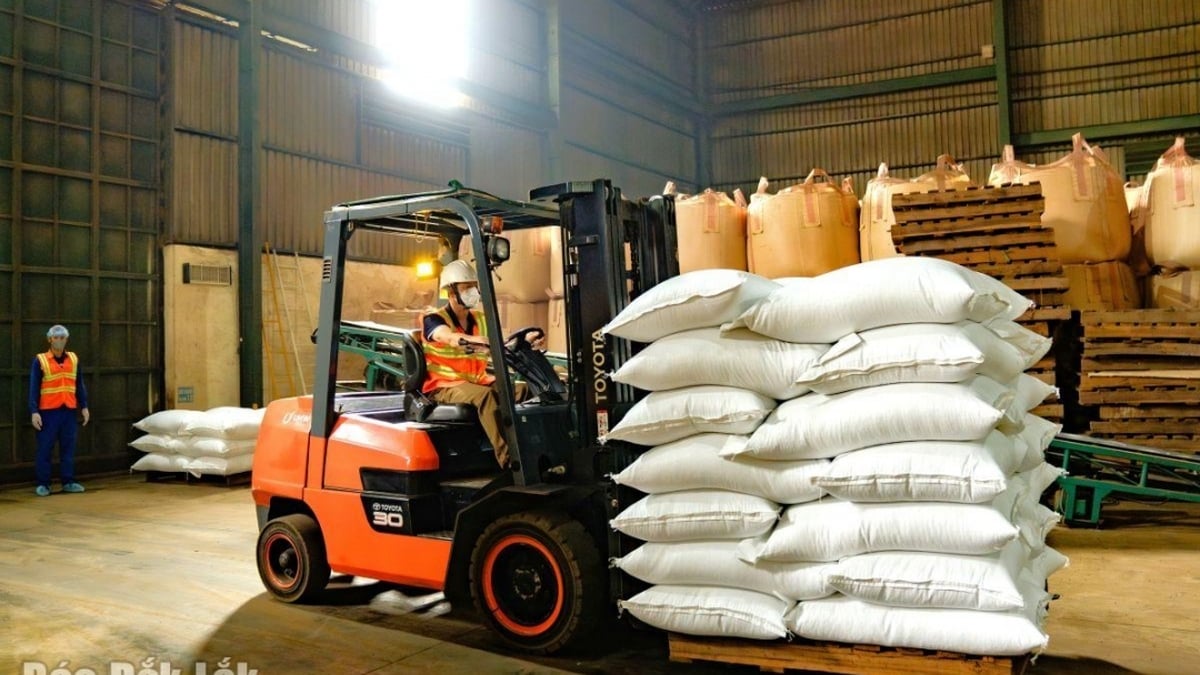
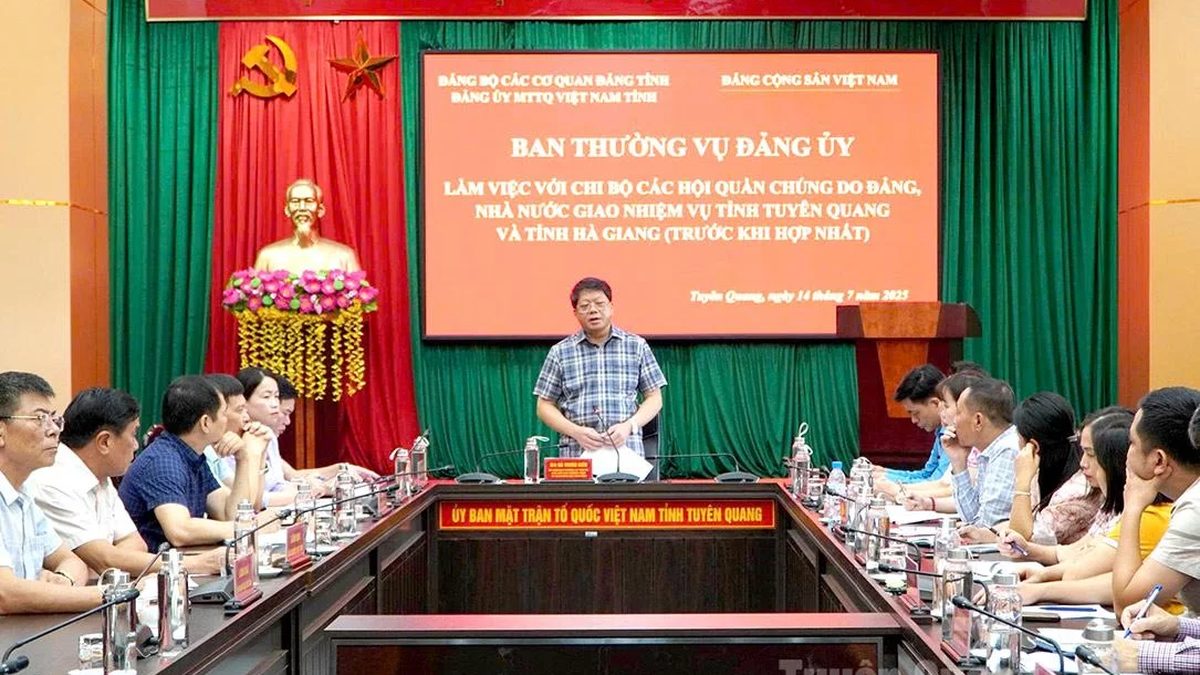

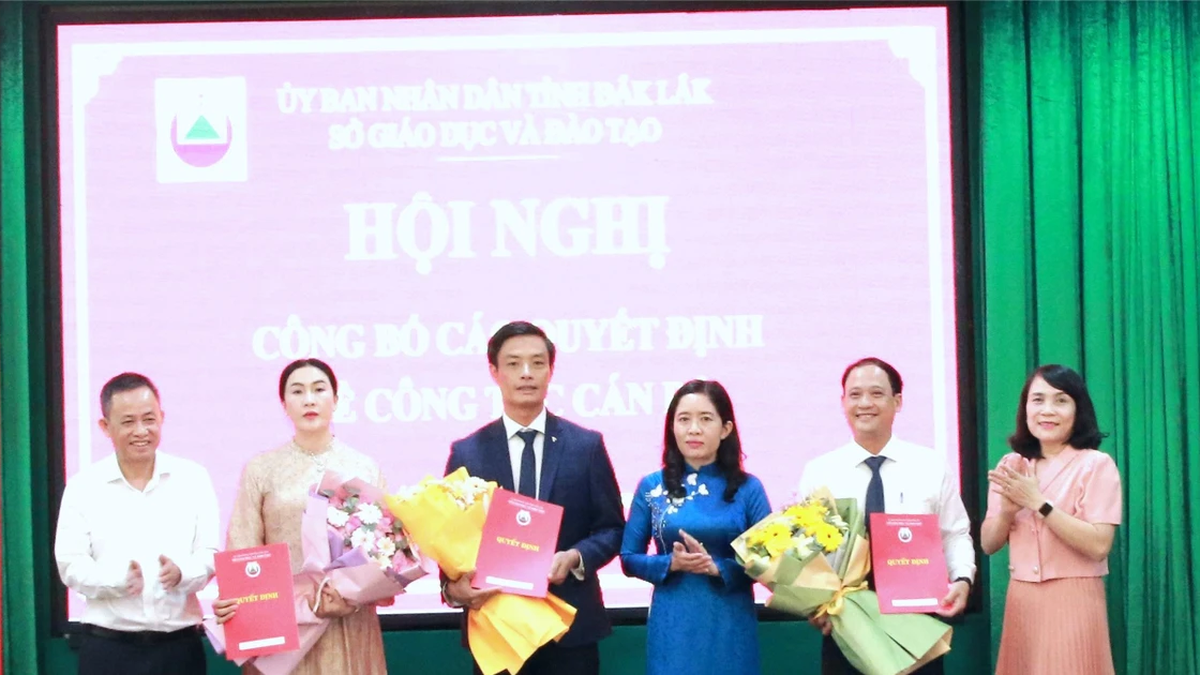








































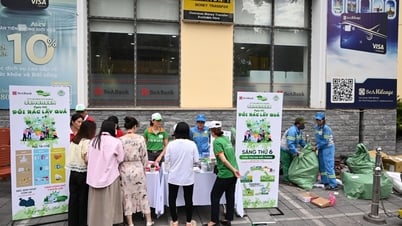


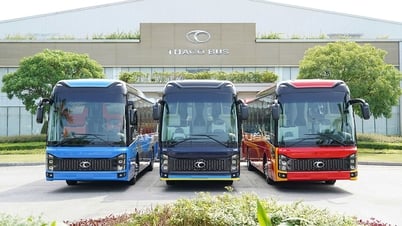


![[Maritime News] Treasury Department Targets Diverse Networks Facilitating Iran's Oil Trade](https://vphoto.vietnam.vn/thumb/402x226/vietnam/resource/IMAGE/2025/7/14/43150a0498234eeb8b127905d27f00b6)





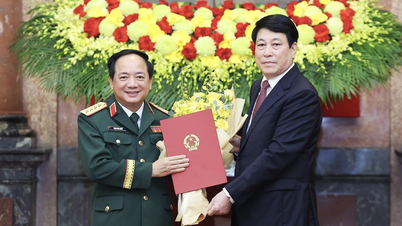



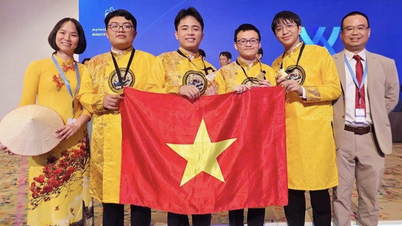

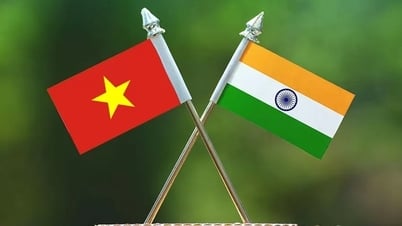

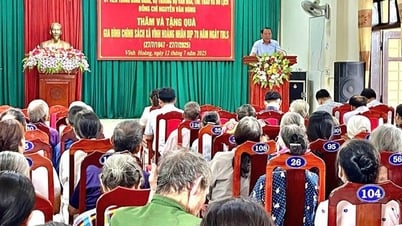
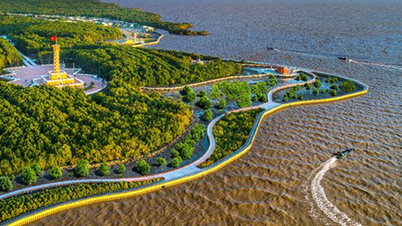

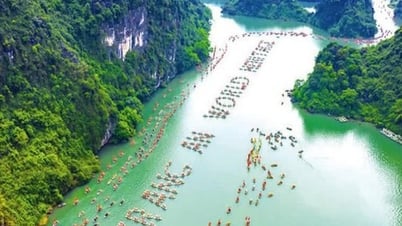
























Comment (0)